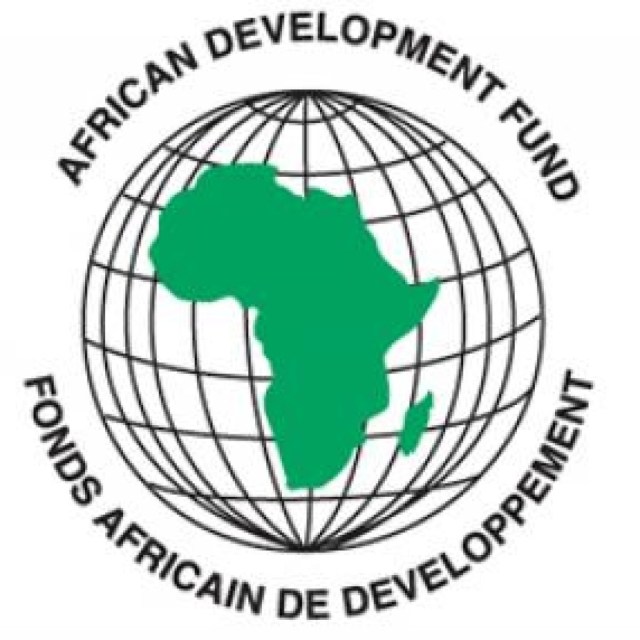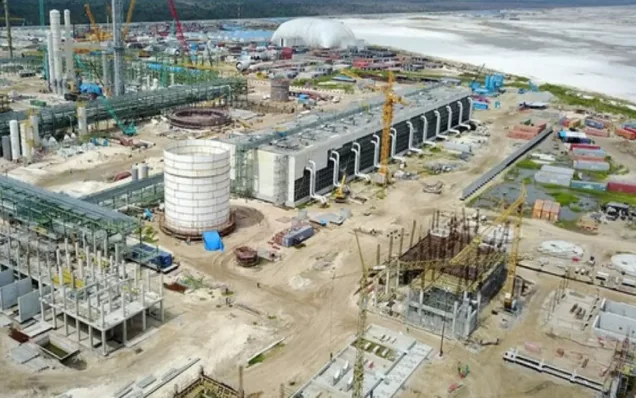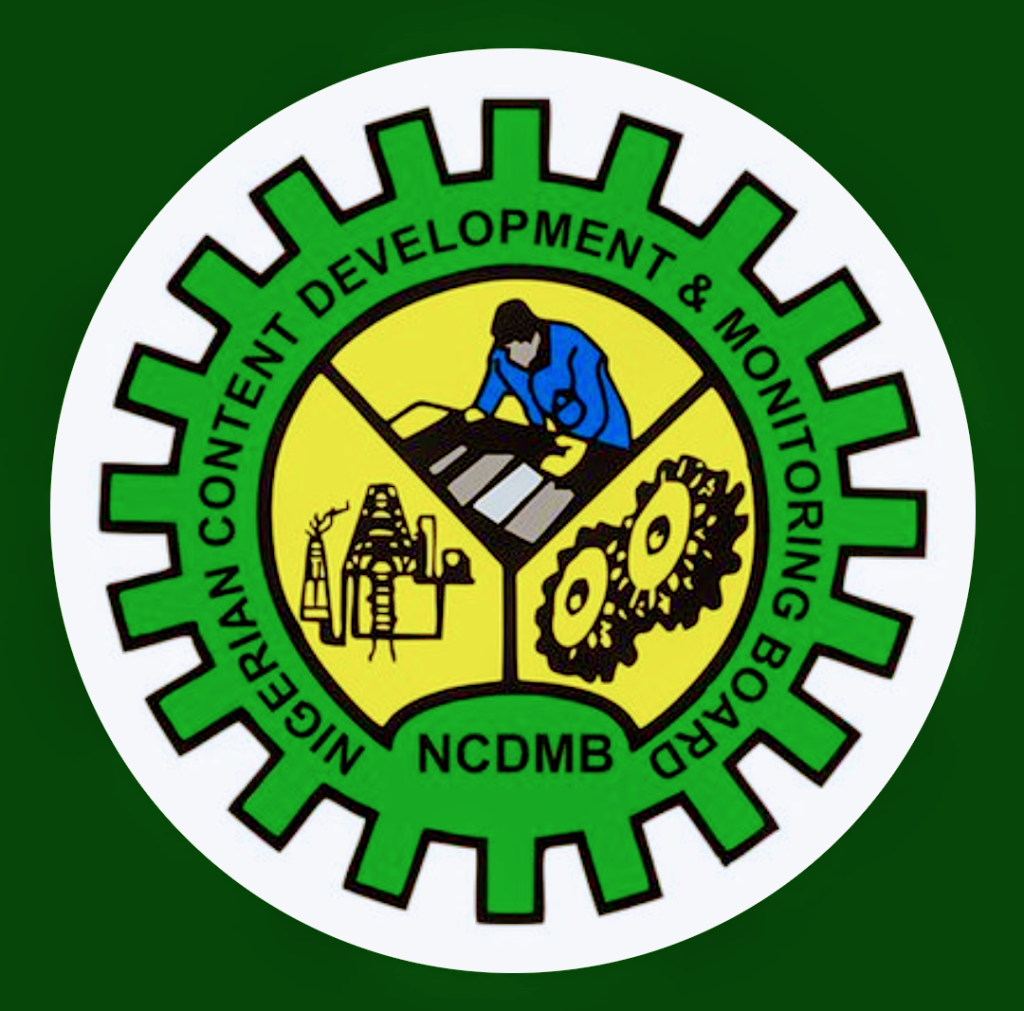The African Development Bank (AfDB), says Nigeria can diversify its energy mix and reduce Greenhouse Gas (GHG) emissions with strong political will, diligent policy implementation and structural reforms.
Mr Lamin Barrow, the Director-General, Nigeria Country Department, AfDB, said this at the 3rd Anniversary Lecture of NatureNews Newspaper and presentation of the Hero of Environmental Actions for Development (HEAD) Awards in Abuja.
The News Agency of Nigeria (NAN) reports that the theme of the event is, “Climate Change and Energy transition in Nigeria” .
According to Barrow, Nigeria is well endowed with renewable energy resources including solar, wind, and hydropower.
He said Nigeria could attract private sector investment to develop these resources and meet the energy demand from the industrial sector through setting the right enabling environment.
“The Energy Transition Plan (ETP) sets out a coherent framework and credible pathways for the attainment of emissions’ reduction across five key sectors towards a decarbonised economic future.
“Affecting roughly 65 per cent of Nigeria’s emissions, all these sectors will greatly benefit from the adoption of renewable energy sources.
“Nigeria can also tap international partnerships, and expand access to new and innovative sources of finance,’’ he said.
Barrow said Multilateral Development Banks (MDBs) could support Nigeria to access financing from international climate funds, and support projects in ways that leveraged private sector financing, including blended finance mechanisms.
According to him, private sector financing accounts for 23 per cent of Nigeria’s climate finance.
He said that Nigeria could develop innovative financial instruments such as green bonds and blended climate finance mechanisms to mobilise private sector resources at scale.
“Debt for Climate Swaps presents another innovative way of making available financing for climate mitigation and adaptation while lowering the debt burden.
“Re-channeling Special Drawing Rights is yet another innovative approach to leverage resources from the international finance system to meet Nigeria and other African countries’ development financing needs.
“We have great opportunities and excellent prospects for achieving an energy-secure, low-carbon, climate-resilient industrially competitive future in Nigeria.
“Nigeria can drive change in the energy-security industrialisation climate nexus. This is possible by harnessing its natural resources, accelerated implementation of policy reforms, and leveraging international partnerships,’’ Barrow said.
The AfDB director-general said it was imperative for the nation to ensure funding for renewable energy projects, invest in green jobs, and finance the re-skilling necessary to absorb the labour force.
“According to the Energy Transition Plan, Nigeria is committed to transition to net zero by 2060, and the 30:30:30 principle remains central to achieving a just energy transition
“This requires Nigeria to achieve 30,000 MW of power generation capacity by 2030 (from the current 13,000 MW of installed capacity), out of which 30 per cent should be from renewable energy.
“Gas remains a strategic transition energy source for Nigeria with the power sector currently fueled by gas at the rate of 80 per cent with hydro accounting for 20 per cent.
“While Nigeria has several off-grid and decentralised renewable energy systems mostly in rural locations, less than one per cent of the renewable energy generated is connected to the national grid,’’nhe said.
Barrow said the AfDB was supporting the Nigerian government’s effort to diversify its economy and rollout low-carbon technologies, including solar clean cooking solutions, energy efficient technologies, gas monetisation, and reduction in gas flaring.
He said this was being done through the Climate Change and Green Growth Framework Policy (2021-2030) and the Nigeria Country Strategy Paper (2020-2024).
“The AfDB has also rolled out several flagship initiatives and leveraging partnerships to scale up climate action and green investments aimed at fostering a climate-resilient and decarbonised future in Africa.
“We will continue to support African countries, including Nigeria, to create conducive business environments for a successful energy transition.
“The Bank will also continue to assist African countries efforts to enhance energy efficiency, create jobs in key sectors and attract private sector Investment,’’ he said.
Source NAN














